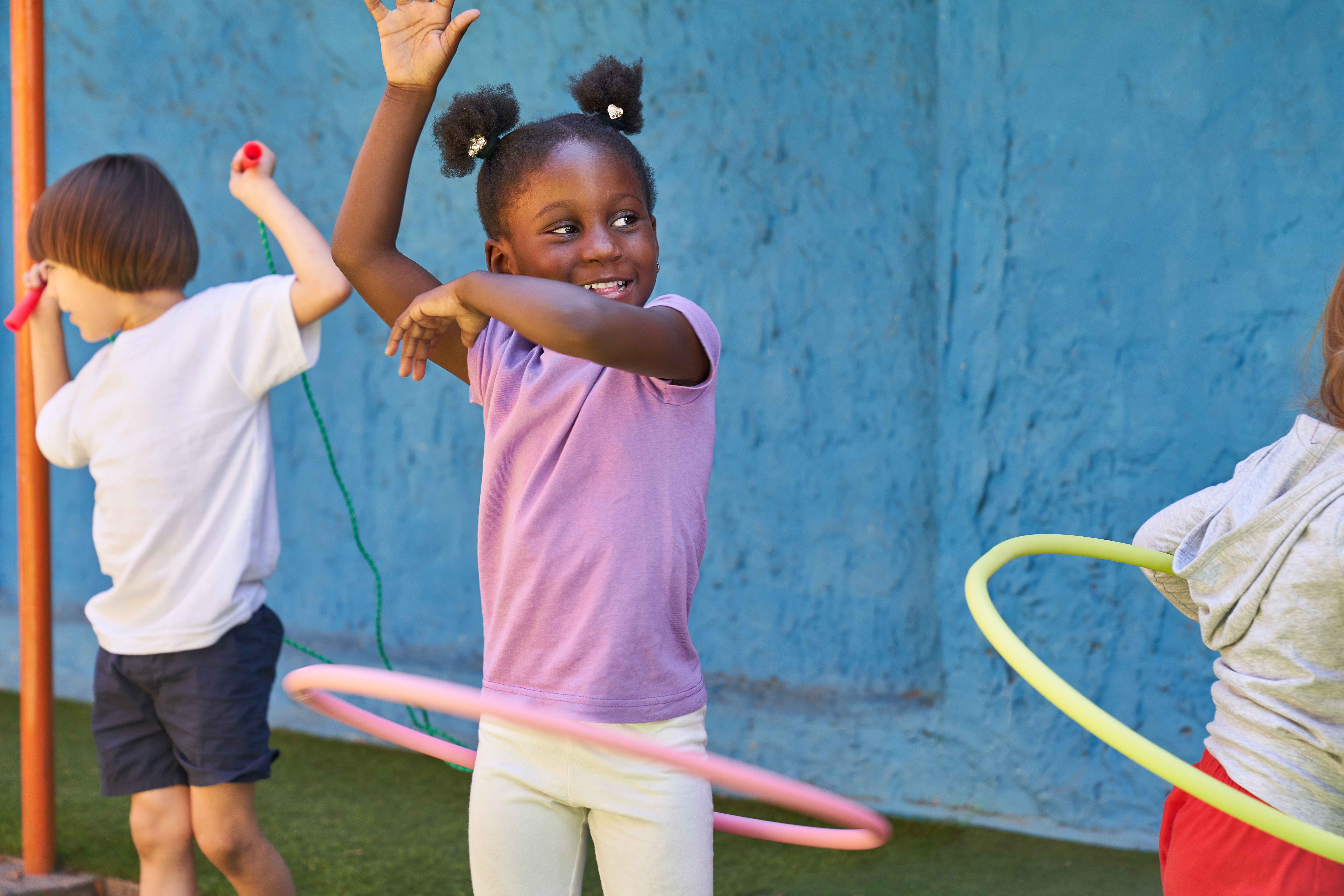Ofsted Research Review of the PE Curriculum
In March, Ofsted published their research review of the PE Curriculum. If you are currently evaluating your PE Curriculum, we strongly recommend reading this message… Some people have been asking us about the “new curriculum”. It’s important to note that their publication is a ‘research review’ rather than a new curriculum. Research Review Undoubtedly, we […]

In March, Ofsted published their research review of the PE Curriculum. If you are currently evaluating your PE Curriculum, we strongly recommend reading this message…
Some people have been asking us about the “new curriculum”. It’s important to note that their publication is a ‘research review’ rather than a new curriculum.
Research Review
Undoubtedly, we found the review to be a really interesting read. Containing valid statements of what ‘Physical Education’ should be, the differences between PE and Sport or Physical Activity, types of knowledge, progression, and the importance of a structured PE Curriculum.
For us, the outcome of the review means significant changes to all our PE Mapping documents (INTENT, IMPLEMENTATION and IMPACT) as well as small changes to all our lesson plans. With over 700 lesson plans, plus accompanying documentation, you can imagine the size of this task! But we are close to finalising our updates and hope to have the new versions published before the end of the school year.
We feel that many of the points raised in Ofsted’s review give teachers a clearer direction of what PE is as well as how it should be delivered. We are hoping to write a blog soon (we are slightly busy with changing all our documents right now!) with a deeper dive into the review, but here are some points that particularly caught our eye…
Time:
‘Pupils need sufficient time to be able to develop competencies’
‘For some activities, pupils need hours of practise in order to develop competences’
‘Depth of learning should not be sacrificed for variety of activity’
Types of Knowledge:
Declarative knowledge is ‘knowing what’. Procedural knowledge is ‘knowing how’. Although these are linked, they are important in their own right. Pupils need to be taught the links between both types of knowledge.
NB: We have referred to Declarative and Procedural Knowledge throughout our mapping documents, and based our new assessment documents around them.
Pillars of Progression:
The review suggests 3 pillars of progression that develop competence to participate, these are:
- Motor Competence (incorporating Fundamental Movement Skills)
- Rules, Strategies and Tactics
- Healthy Participation
NB: Motor Competence and Fundamental Movement Skills are best developed between 3 and 8 years old, therefore these have been a key focus for our PE Mapping at Early Years and KS1.
In KS2, we should be mindful of Motor Competence, but should increase our focus of Pillars 2 and 3; Rules, Strategies & Tactics, and Healthy Participation.

We will keep you updated with the development of our plans and documents. We hope to have the first set of PE Mapping documents published within the next two weeks.
If you have any questions or comments on the curriculum research review, we’d love to hear from you.
All the best from the PE Planning Team.



